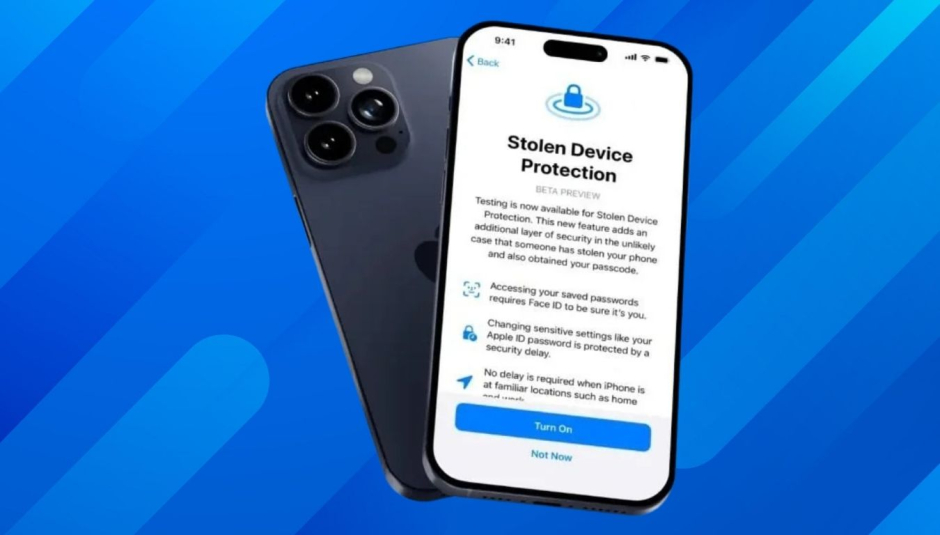iOS 18.1 introduces a powerful new security feature that automatically restarts iPhones after a period of inactivity. This added layer of protection significantly complicates access for both thieves and law enforcement, making locked devices much harder to breach.
According to 404 Media’s investigation, the feature, which is called “inactivity reboot,” causes Apple iPhones that are left locked for about four days to restart themselves automatically. After a power cycle, an iPhone enters a secure “Before First Unlock” (BFU) mode that demands the first passcode in order to access the device.
New Security Layer Against Theft
The first time law enforcement noticed the problem was when iPhones that were being saved for forensic testing started rebooting themselves for no reason. If law enforcement officials want to get the most out of iOS 18 devices, forensic expert Christopher Vance of Magnet Forensics says they should wait until the devices are in the “After First Unlock” (AFU) condition, before the automatic reboot, to collect data.
This isn’t a defect, but rather an intended security feature that Apple incorporated in iOS 18.1, according to Dr.-Ing. Jiska Classen of the Hasso Plattner Institute. Code analysis confirmed the feature’s existence, according to 404 Media.
According to cryptographer and associate professor Matthew Green of Johns Hopkins University, despite the feature’s impact on law enforcement, criminals are its primary target. Keep in mind that the police are not the actual danger here. “Remember that the real threat here is not police. It’s the kind of people who will steal your iPhone for malign purposes,” Green explained to 404 Media. Additionally, he mentioned that this feature stops criminals from exploiting stolen phones by keeping them active for months and finding ways to crack them.
According to Corellium’s Chris Wade, the timer starts counting down from four days when an iPhone is locked, and then it reboots itself automatically after that. This means that anybody trying to get access to the device, be it an investigator or a would-be thief, will have to start all over.
This update is Apple’s most recent attempt to make iPhones more secure, but it has made forensic investigations on seized devices more difficult for law enforcement.












